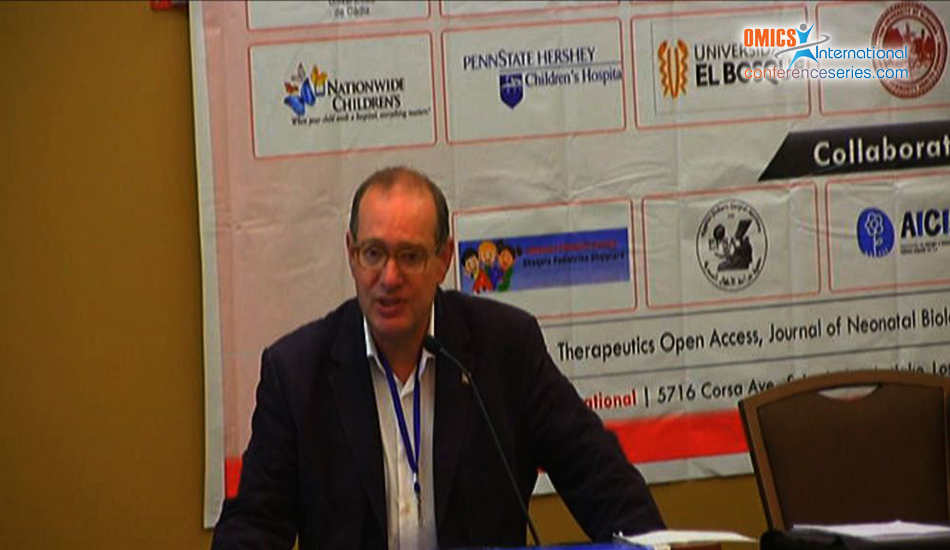
Jos Draaisma
Radboudumc Amalia Children’s hospital, The Netherlands
Title: From advanced pediatric life support courses to advanced simulation training: A tale of our journey
Biography
Biography: Jos Draaisma
Abstract
Advanced Pediatric Life Support guidelines are widely adopted for healthcare provider training and focus on individual knowledge and skills. Although team members may be sufficiently trained individually, teamwork skills have traditionally been less emphasized in pediatric training. However, the knowledge that fatal errors due to human factors occur in 70-80% of medical mishaps has led to a growing interest in pediatric teams’ cognitive and interpersonal skills, such as leadership and situational awareness. For this reason, we have developed different video-assisted real-time simulation programs: for medical students, for pediatric residents only, for multidisciplinary pediatric and neonatal teams and for ECMO-teams. The training program for the multidisciplinary pediatric team will be presented in detail, as well as the results of different studies we have performed. Effective leadership varies, not only with the person or group, but also depends on the task, job or function that needs to be accomplished. We have evaluated the leadership styles of our pediatric residents. Pediatric residents most often use the coaching style (two way communication). More recently we have focused on teaching and assessing situational awareness. One of the major challenges of all these trainings is the transfer of the learning on the job. Major components to influence this transfer are intervention readiness, realism and self-efficacy. Providing adequate preparation material and extensive debriefing of the scenarios is important in creating intervention readiness. The perspectives of realism depend strongly on setting and learning goals. There is a significant increase in self-efficacy, which remains increased for at least three months.
Speaker Presentations
Speaker PPTs Click Here

